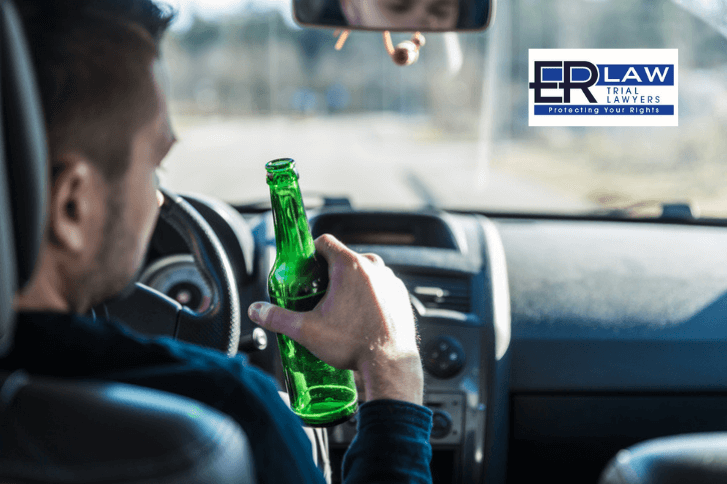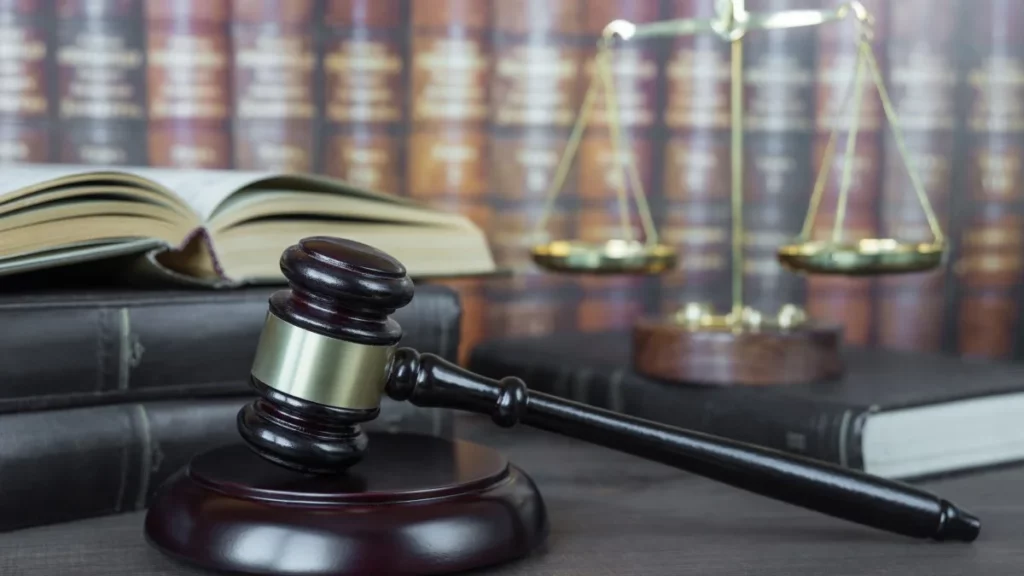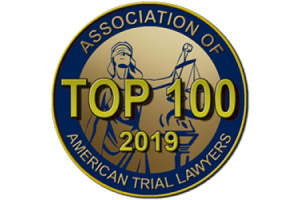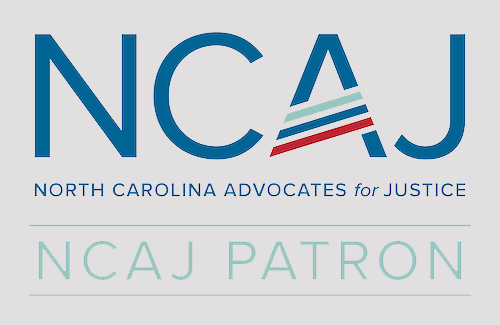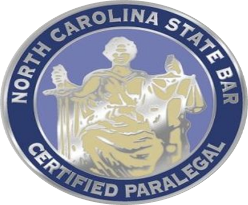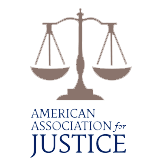DWI

DWI
Whether it is driving under the influence of alcohol or another impairing substance, a DWI conviction can have serious consequences. If convicted, you could be ordered to pay significant fines, lose your license, receive probation or even jail time. Every aspect of your DWI case should be carefully examined to determine a defense strategy tailored specifically to you. Resolving a DWI charge in North Carolina can be challenging. We have the knowledge and experience to advise and assist you towards a fair resolution.
Related Practice Areas
Ask a Question,
Describe Your Situation,
Request a Consultation
Call (336) 904-9000(336) 904-9000, or fill out the short form below. Don’t hesitate; your questions are welcome.
Required Fields*
Your Information Is Safe With Us
We respect your privacy. The information you provide will be used to answer your question or to schedule an appointment if requested.

